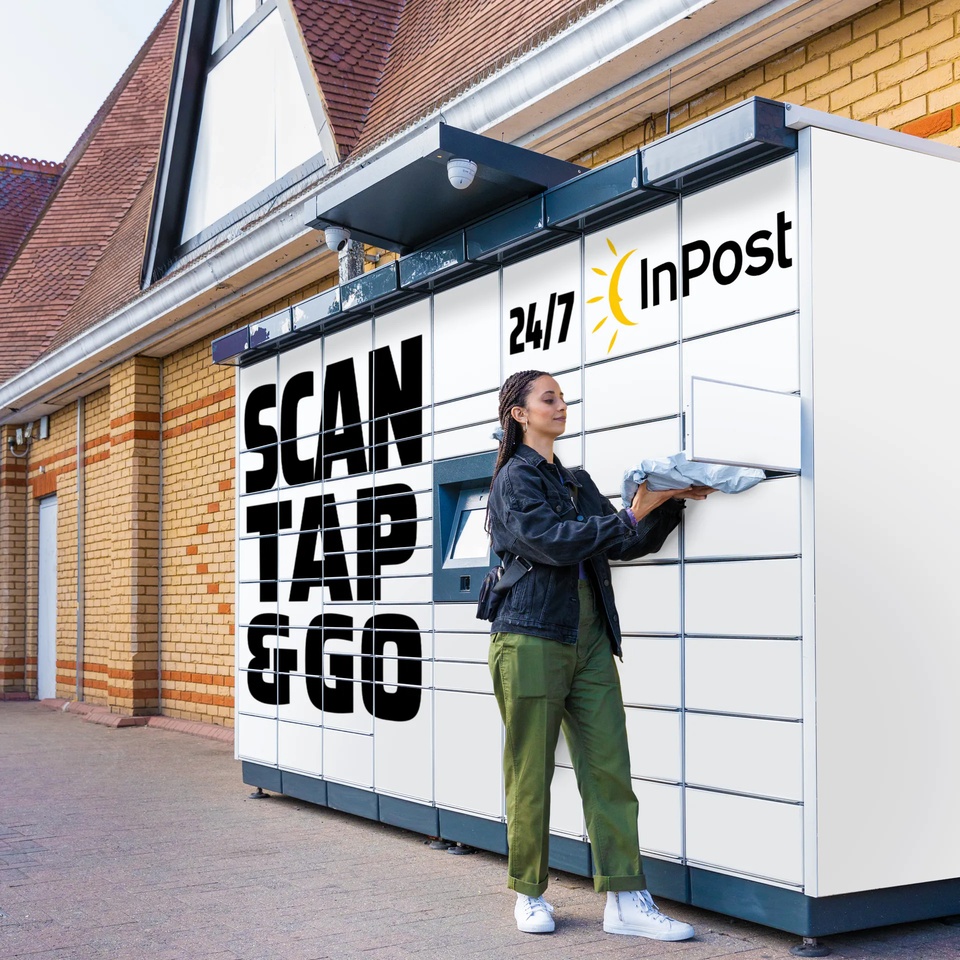When simplicity builds a moat
There are companies that talk about innovation, and then there are companies that don’t need to, because their product is perfectly simple. What matters to those companies is scale. InPost is one of those names. If you don’t live in Poland, France, Italy, Spain, Portugal, the UK, or the Benelux nations, then you might not have heard about it, but let me assure you — InPost is the quiet leader in the background, building on an e-commerce boom. Founded in Poland by Rafał Brzoska, it turned something seemingly boring, parcel lockers, into one of Europe’s most efficient logistics networks. It’s the kind of business that feels obvious in hindsight, which is usually a good sign.
The model is ridiculously simple: merchants deliver to InPost’s automated lockers instead of people’s doors. Customers pick up whenever they want. No missed deliveries, no waiting around, no stressed couriers running up stairs. What looks like a convenience feature is actually a structural revolution. Every parcel that skips a doorstep saves time, fuel, and money. Scale it across millions of packages, and you’re suddenly printing efficiency. The key ingredient to InPost’s success is scale and network, and those two are stellar.
InPost now runs over 40,000 lockers and 80,000+ out-of-home delivery points across Europe. That’s not just mind-blowing numbers — that’s a moat built from habit and infrastructure. The more lockers there are, the more merchants want to use the network. The more merchants use it, the more consumers adapt to it. It’s a beautiful positive feedback loop that competitors can’t easily replicate. Even Amazon struggles to replicate the same density outside its own ecosystem. And there’s not much point for competitors to try entering the space since InPost dominates most cities already, and it’s a win-win for merchants, consumers, and, obviously, InPost.
Financially, it’s growing almost exponentially. Revenue has compounded above 30% annually since 2020, while net income has expanded nearly 20% a year. Despite that, the stock trades at roughly a 14× forward P/E ratio, which is a multiple you’d expect from a stagnating utility, not a pan-European growth story. It’s founder-led, profitable, and still in expansion mode. Those three don’t often come together.
So why is it cheap? Two things: first, the legal dispute over its UK acquisition of Yodel, which courts have now largely cleared; and second, its strained relationship with Allegro, Poland’s e-commerce giant and InPost’s biggest customer. Allegro is building its own delivery network, spooking investors with the supposedly diminishing moat. But here’s the thing: less than 5% of InPost’s total parcel volume comes from Allegro-only users. Even if that entire slice vanished, the top-line hit would barely reach 10%, easily offset by growth in the UK, France, and Spain. The market’s fear feels exaggerated.
I like this one a lot. It’s founder-run, asset-light, network-driven, and culturally sticky. It’s not flashy, but it’s quietly reshaping how Europe thinks about delivery. In a world full of AI narratives and overhyped data-center multiples, this feels refreshingly tangible and a rare sight with a more than reasonable valuation combined with explosive growth, something even rarer outside the U.S. I believe InPost is the definition of a hidden gem with great fundamentals and solid prospects.



